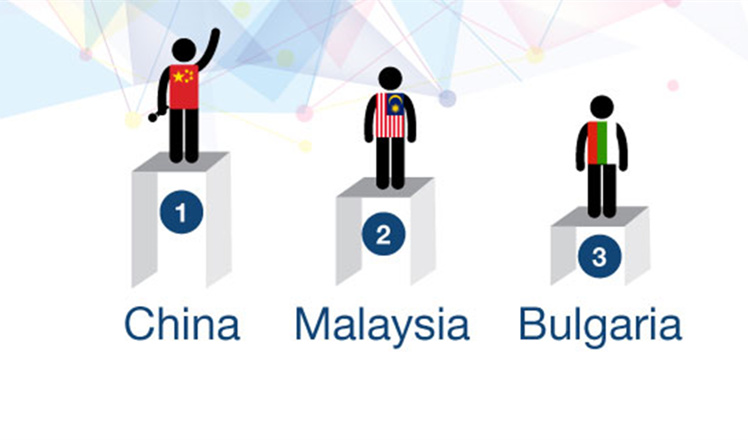Replenishing the pond
Updated: 2016-08-17 17:45
By Erik Solheim(chinadaily.com.cn)
|
||||||||
But few actually do. In reality, only 17 percent follow through on this good intention. This gap between intent and action urgently needs to be overcome.
A large part of the solution is clearly to change consumer behavior. That’s why this week’s China Sustainable Consumption Week is so important. More than 900 stores, including major retailers like Shanghai City Shop, RT-MART, GOME Home Appliance Electricity and Rainbow Department, joined forces to promote this year’s theme – “Green Life, Consume with Wisdom” – in order to raise awareness about sustainable consumption. Hundreds of thousands of consumers participated in activities in more than 90 cities to learn about eco-labeling, efficient lighting, organic food, low-carbon transport and sustainable seafood.
There are other encouraging signs that society is beginning to understand the importance of living sustainably. Carbon footprinting, food waste reduction campaigns, reducing use of plastic bags and packaging, urban gardening and vehicle sharing are all catching on, and shifting how and what we consume.
Yet living sustainably is not only about individual choice. It is also about ensuring that governments and businesses support people moving toward sustainable lifestyles. Here again, consumers can make a difference. By buying green, consumers show leaders they desire green policies. China’s market for electric cars offers an example. Consumer demand for this new technology is booming. Can the government respond with policy that supports this demand, such as better charging infrastructure? This is a challenge for governments worldwide.
But ultimately the change the planet needs begins with each of us. Whether it’s switching on a light, driving to work, eating lunch or choosing what clothes to buy, we need to do far more to understand the impact that our everyday decisions have on the environment. Then, we need to change our habits accordingly by choosing the sustainable option. And if that option is not available, we must demand greater choice, and encourage governments and businesses to support those choices.
If we can do this – if we can find a way to become more like the proverbial frog – then we can we begin to replenish the pond in which we live.
The author is the head of UN Environment.
- Malaysian authorities say ship carrying diesel hijacked
- Army commander: THAAD would 'easily affect' China-US ties
- Twin panda cubs confirmed born in Vienna zoo
- Four killed in boat collision in Greece
- Premier Li to receive Aung San Suu Kyi
- S Korean president names 3 new ministers for partial reshuffle

 China edges Brazil in volleyball quarterfinals
China edges Brazil in volleyball quarterfinals
 China's women's table tennis team sweeps gold
China's women's table tennis team sweeps gold
 Artists build sand sculptures to greet upcoming G20
Artists build sand sculptures to greet upcoming G20
 Top 10 biggest auto makers of 2015
Top 10 biggest auto makers of 2015
 British dad turns breakfast into work of art
British dad turns breakfast into work of art
 China inches up Global Innovation Index 2016
China inches up Global Innovation Index 2016
 Female soldiers on Frigate Jingzhou
Female soldiers on Frigate Jingzhou
 Synchronized swimming duo advances into final
Synchronized swimming duo advances into final
Most Viewed
Editor's Picks

|

|

|

|

|

|
Today's Top News
Trump outlines anti-terror plan, proposing extreme vetting for immigrants
Phelps puts spotlight on cupping
US launches airstrikes against IS targets in Libya's Sirte
Ministry slams US-Korean THAAD deployment
Two police officers shot at protest in Dallas
Abe's blame game reveals his policies failing to get results
Ending wildlife trafficking must be policy priority in Asia
Effects of supply-side reform take time to be seen
US Weekly

|

|







